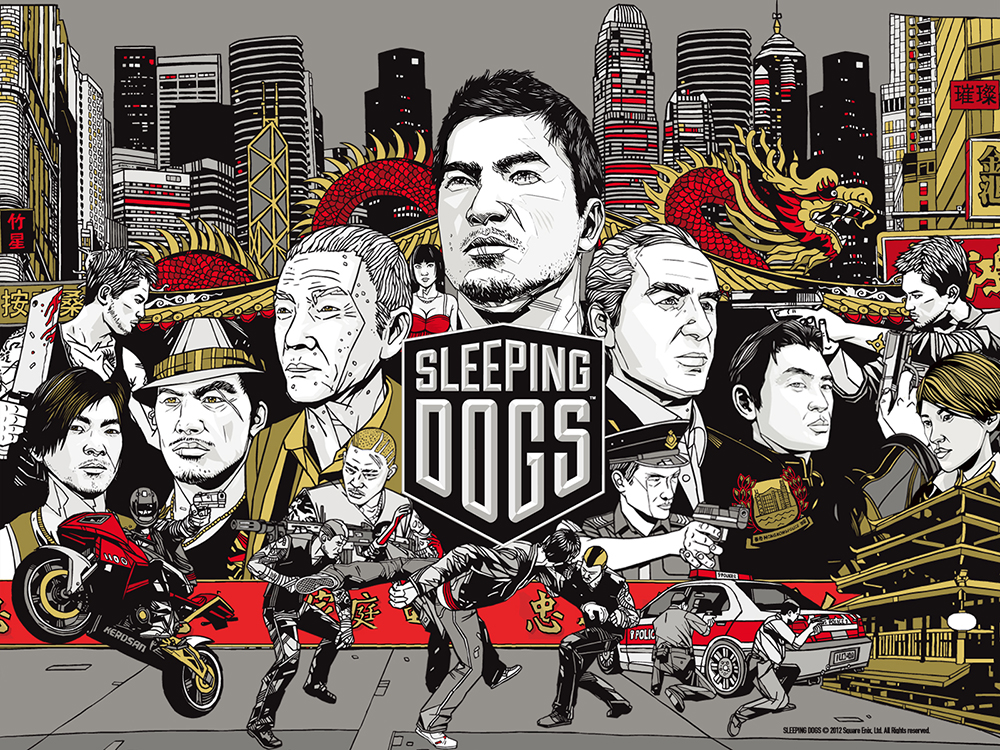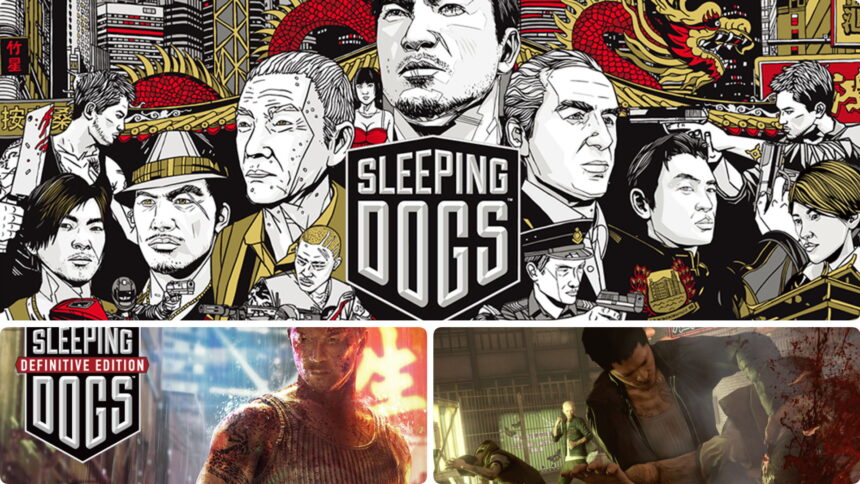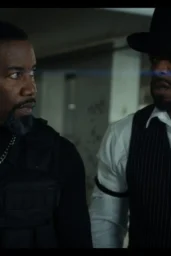Imagine a world where the gritty streets of Hong Kong are brought to life on the silver screen through the eyes of an undercover cop, Wei Shen. This was the vision Donnie Yen had for the “Sleeping Dogs” movie, an adaptation of the beloved 2012 video game. However, like many dreams in Hollywood, this one has been snuffed out, leaving us to ponder the fragility of such cinematic ambitions.
Background and Expectations
“Sleeping Dogs” was not just another game; it was an homage to Hong Kong action cinema, blending the intensity of martial arts with the open-world exploration akin to “Grand Theft Auto.” The announcement in 2017 of a film starring Donnie Yen, who has become synonymous with high-octane action thanks to roles in the “Ip Man” series and “Rogue One,” set expectations sky-high.
The Long Wait and Ultimate Disappointment
Yen's commitment was palpable; he even invested personal finances to secure rights, driven by a vision of a film that would capture the essence of Hong Kong's nocturnal life and its underworld. Yet, as years passed, the project languished in what's known as ‘development hell.' In a recent interview with Polygon, Yen expressed his frustration and acceptance of the project's demise, highlighting the often capricious nature of film production in Hollywood.
The Game's Legacy
“Sleeping Dogs” offered players a unique experience with its detailed portrayal of modern Hong Kong, a setting rarely explored in such depth by Western video games at the time. Its narrative, combat, and character development received acclaim, though it was not without its critics regarding the animation quality. With United Front Games now shuttered, a revival or remaster seems as distant as Yen's film dream.
Cultural Impact and Missed Opportunity
This cancellation is more than just a missed film; it's a loss for cultural representation in cinema. “Sleeping Dogs” had the potential to be a bridge between Eastern and Western audiences, showcasing Hong Kong's cinematic heritage through a modern lens. The absence of this film might well be a void in the tapestry of international action cinema.
Comparative Analysis
This isn't the first time a promising adaptation has fallen by the wayside. Hollywood's track record with video game adaptations is checkered, with successes like “The Last of Us” series being exceptions rather than the rule. The question lingers: what could have been if “Sleeping Dogs” had made it to the screen, potentially setting a new standard for video game movies?
The cancellation of the “Sleeping Dogs” film adaptation is a stark reminder of the challenges in bringing niche stories to a broader audience. Yen's vision, though unrealized, will linger as a “what if” in the annals of film possibilities. Yet, in cinema, one door closes, and another might open, perhaps in a different form or from an unexpected direction.
Personal Impressions
The news of “Sleeping Dogs” cancellation strikes a chord with any enthusiast of genre cinema. Donnie Yen, with his charisma and action prowess, seemed the perfect fit for Wei Shen. His disappointment is palpable, echoing through fans who saw potential in this project. However, the silver lining might be in how this fuels creativity elsewhere, perhaps in a different medium or by another visionary.
Do you think the film industry should take more risks with unique cultural narratives from video games? Why or why not?













